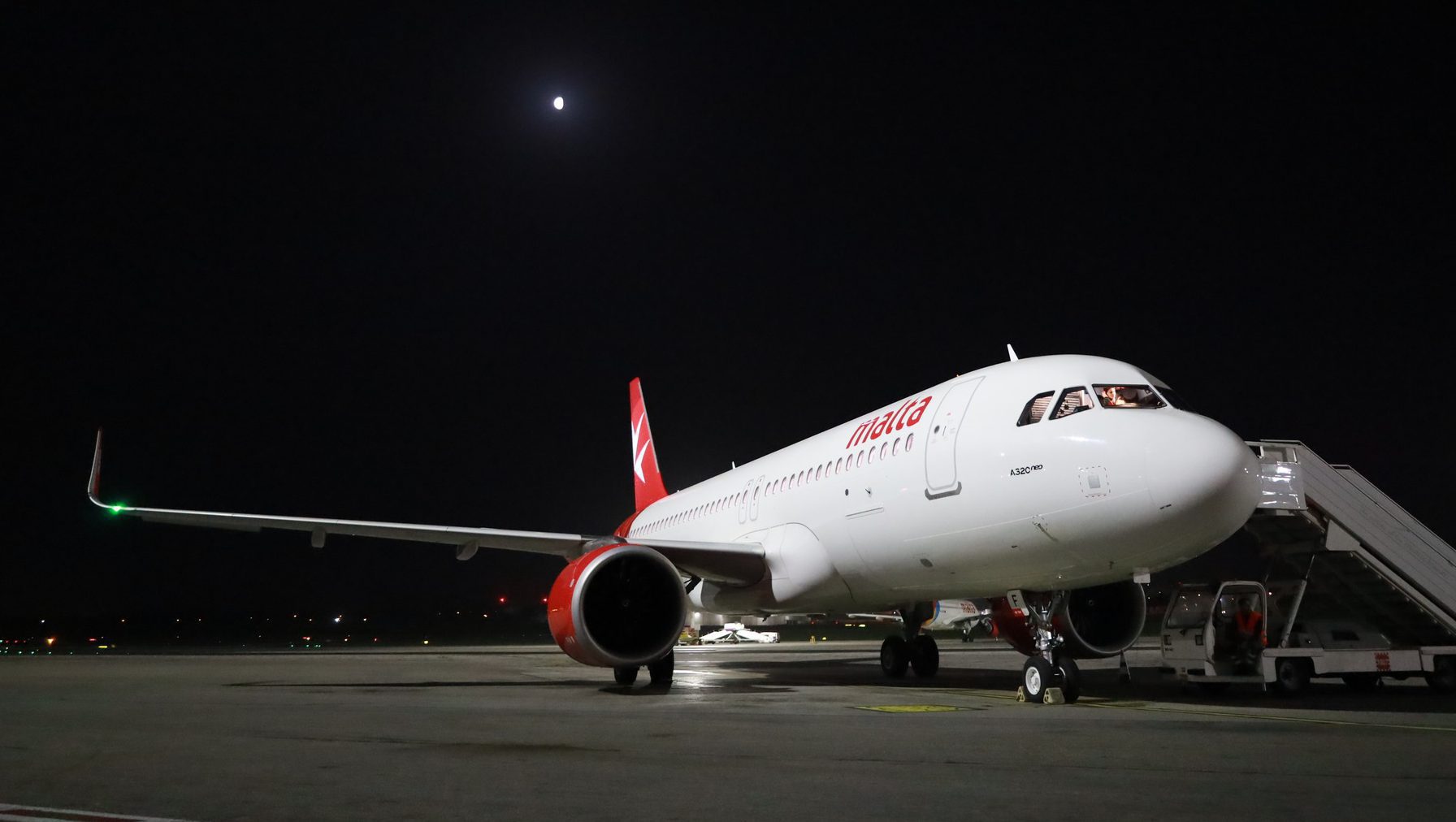The Malta Chamber of Commerce, Enterprise and Industry has raised a number of proposals that it feels are crucial for a health recovery, touching on issues like the corporate tax rate, access to finance and internationalisation as key points that can drive the country’s economic outlook forward.
During a virtual meeting with Prime Minister Robert Abela and the Minister for Economy Silvio Schembri held on Thursday, The Malta Chamber introduced its new Board of Management, including new CEO and ex-MP Marthese Portelli, and put forward its priorities for the coming months.
The Malta Chamber president Marisa Xuereb raised several issues which are impacting business and how they can be addressed to fuel recovery and encourage growth.
She spoke on the challenges and uncertainty being faced by a number of economic sectors such as tourism, arts, entertainment, elderly care and retail, and noted that better access to finance and clarity on the future of the wage supplement would facilitate business planning and investment.
She also made reference to public procurement and the need to enhance transparency and ensure a level playing field.
Internationalisation was also singled out as an area that “needs to be given priority as the principal route to growth”.
The Malta Chamber called for a concerted effort to identify markets that offer real potential for local businesses, and added that the establishment of a Free Trade Zone is key to success.
“Equally important,” The Malta Chamber said, “is getting the nation’s branding right, particularly as Malta emerges from the COVID-19 pandemic and seeks to rebuild its economy and international reputation.”
It also recommended revisiting the current corporate tax framework to help local business become more competitive in a globalised environment.
Meanwhile, the importance of incentivising private investment in infrastructural and green economy projects was highlighted as necessary for pursuing the country’s ambitions to improve quality of life.
The Malta Chamber also presented its policy paper in response to the public consultation on the proposed recreational cannabis reform.
Annual STI testing for non-EU massage therapists amounted to ‘slander,’ admit health authorities
Health authorities kept quiet about changes to the legal provisions
KM Malta Airlines announces extra flights and special fares for MEP and local council elections
To qualify for special fares, all travel needs to take place into and out of the same city
European Parliament adopts regulation making it easier for companies to be paid on time
The maximum credit term under the new Late Payment Regulation is to up to 120 days, for some sectors






